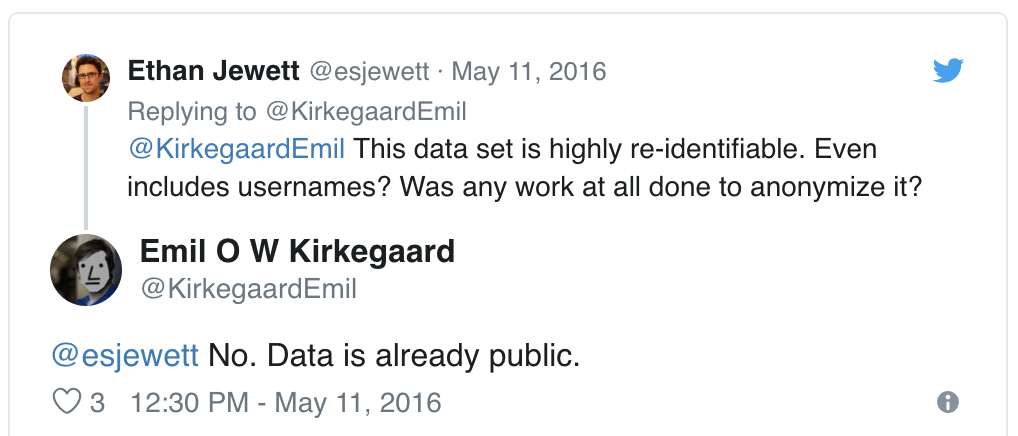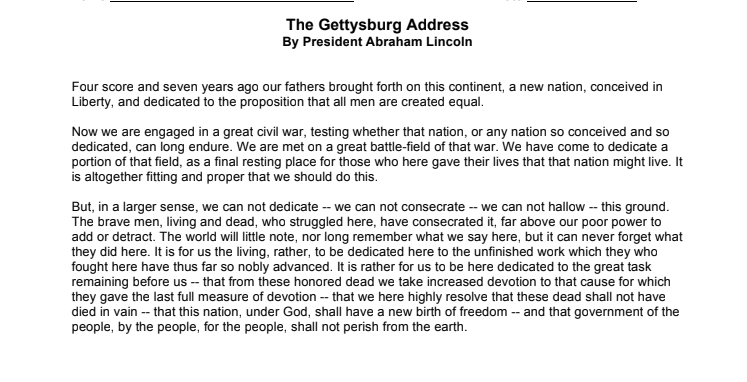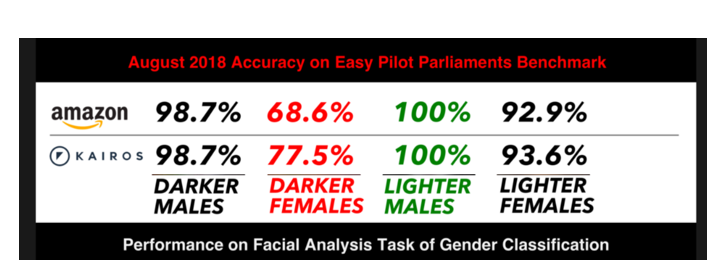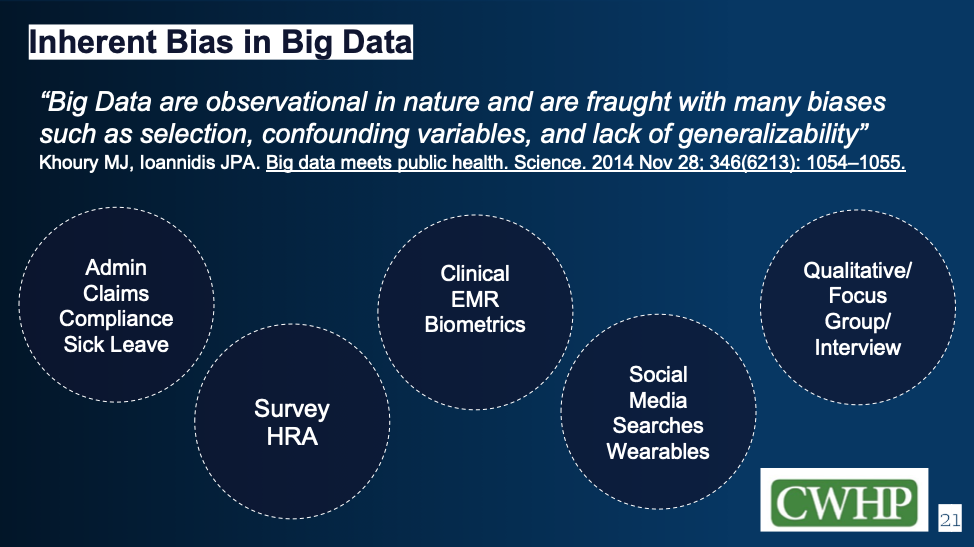Data Ethics 2
Lecture 12
Dr. Elijah Meyer + Konnie Huang
Duke University
STA 199 - Fall 2022
October 5, 2022
Checklist
– Clone ae-11-ethics-privacy
Announcements
Lab Group Instructions:
– You can find your groups in the teams repo after class.
– You may only switch groups under extreme circumstances (working with friends does not count)
– View group number before Lab 04. This will make it easier for TAs to seat / group you.
Goals
Think
Data Ethics
Data privacy
Bias
Data Privacy
Every time we use apps, websites, and devices, our data is being collected and used or sold to others. More importantly, decisions are made by law enforcement, financial institutions, and governments based on data that directly affect the lives of people.
Warm up: What are you okay with?
- Name
- Age
- Phone Number
- List of every video you watch
- List of every video you comment on
- How you type: speed, accuracy
- How long you spend on different content
- List of all your private messages (date, time, person sent to)
- Info about your photos (how it was taken, where it was taken (GPS), when it was taken)
- Browsing history
Case study: OK Cupid
OK Cupid data breach
– In 2016, researchers published data of 70,000 OkCupid users—including usernames, political leanings, drug usage, and intimate sexual details
– Researchers didn’t release the real names and pictures of OKCupid users, but their identities could easily be uncovered from the details provided, e.g. usernames
Some may object to the ethics of gathering and releasing this data. However, all the data found in the dataset are or were already publicly available, so releasing this dataset merely presents it in a more useful form.
Researchers Emil Kirkegaard and Julius Daugbjerg Bjerrekær
Question
In analysis of data that individuals willingly shared publicly on a given platform (e.g. social media), how do you make sure you don’t violate reasonable expectations of privacy?

Questions for you
Should you scrape these data?
How do you not violate reasonable expectations of privacy?
Application Exercise 11 - data privacy - part 1
Intended use
– Name
– Age
– Phone Number
– How long you spend on different content
– List of all your private messages (date, time, person sent to)
– Info about your photos (how it was taken, where it was taken (GPS), when it was taken)
– Browsing history
- Targeted ads
- Candidate for a job (Amazon has done this)
- Predict your race to map votes (This is being done)
Application Exercise 11 - data privacy - part 2
Bias in algorithims - part 3
Gettysburg Activity: Representative words of word length

00:30
Question of Interest
What is the typical word length in the Gettysburg Address?
– Using R, calculate the mean word length of your 10 words.
Population Word Length
Write down the population mean word length
Write down the mean of your 10 words
Were you close? How about the rest of the class?
Are humans bias? How does this activity relate to bias in algorithms?
Bias
Bias is a disproportionate weight in favor of or against an idea or thing
We all have bias
Bias can be a part of science and research
Examples
Facial Recognition



Parting Thoughts
Ask questions
Slow down
Think critically
